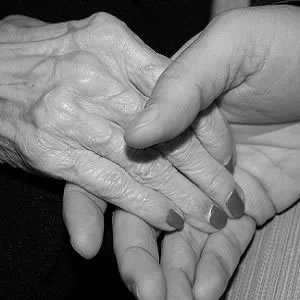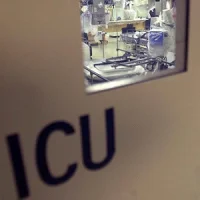New research indicates that the majority of individuals admitted to ICU at the end of life are elderly and burdened by chronic illness. The existing medical literature indicates that this is the exact type of population that would be expected to do worse in the ICU, researchers note.
The study also shows that a significant proportion of those with ICU use close to death incur significantly greater costs and die largely in hospital, with higher rates of readmission, longer lengths of stay and higher rates of aggressive care. The findings are published in the journal Critical Care.
Previous research suggests that advance care planning and palliative care interventions rather than ICU admissions in older, critically ill or dying patients reduce healthcare costs and provide patients with a better quality of life in the time they have left. Despite this evidence, in both the USA and Canada, ICU use has been increasing over time. In the current study, researchers sought to characterise decedents who received intensive care near the end of life and examine their overall healthcare use prior to death.
This was a retrospective cohort study that examined all deaths in a three-year period from April 2010 to March 2013 in Ontario, Canada. Using population-based health administrative databases, researchers examined healthcare use and cost in the last year of life.
Of 264,754 individuals studied, 18% used the ICU in the last 90 days of life; 34.5% of these ICU users were older than 80 years of age and 53.0% had more than five chronic conditions. The average cost of stay for these decedents was CA$15,511 to CA$25,526 greater than for those who were not admitted to the ICU. These individuals also died more frequently in hospital (88.7% vs. 36.2%), and spent more time in acute-care settings (18.7 days vs. 10.5 days).
Further, the researchers observed a significant discrepancy in location of death, length of hospital stay, place of stay, readmission rates, and rates of aggressive care amongst decedents who do and do not use the ICU. This discrepancy, they point out, may indicate potential missed opportunities for more dignified deaths through palliative care and early goals-of-life discussions.
"We clearly showed the significantly greater cost that ICU decedents incur at the end of life. Additionally, multiple studies show that most individuals do not wish for life-prolonging, intensive care towards the end of life. While some elderly individuals can benefit from an ICU stay, this study suggests the need for careful thought and more research into appropriate ICU admissions at the end of life," the authors write.
Source: Critical Care
Image Credit: Pixabay
References:
Chaudhari, Dipayan et al. (2017) Critical care at the end of life: a population-level cohort study of cost and outcomes. Critical Care. DOI: 10.1186/s13054-017-1711-4
Latest Articles
ICU, Critical Care, chronic illness, end of life
New research indicates that the majority of individuals admitted to ICU at the end of life are elderly and burdened by chronic illness.










